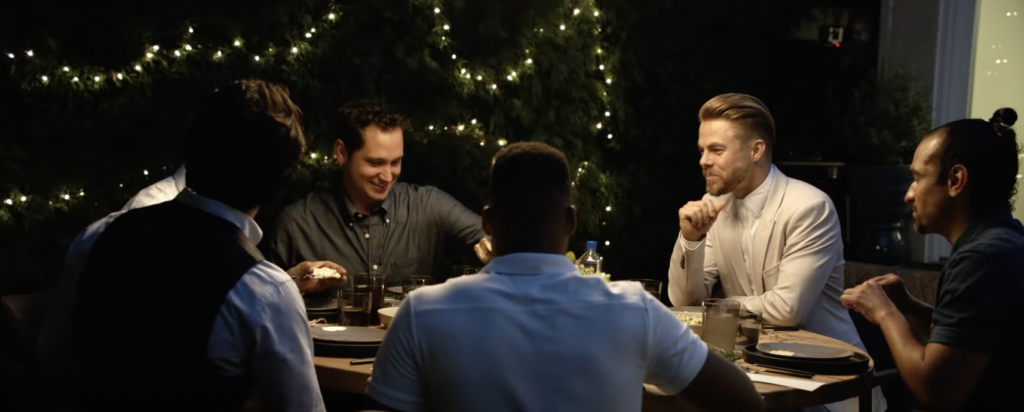“We are one of the only countries in the world that doesn’t offer paid family & medical leave to those who need it.” – Robert Espinoza
What would you give to help someone you love who is struggling or sick? What wouldn’t you give? That’s the likely perspective of many Americans who have little choice but to go head-first deep into debt to try and save a loved one. There is no guarantee in such a pursuit, other than the cost of care that comes later. With roughly 260 percent higher bankruptcy rates for families battling cancer, it’s becoming clear that not only is the cost of caring oftentimes insurmountable, but it’s also more essential than ever that we mend a broken system, too.
Cancer is, simply put, a cancer. It will likely creep its way into our lives one way or another — bleak but true — if it hasn’t already, be it ourselves or someone we hold dear. But that’s just the tip of the iceberg. There are any number of possibilities for poor health in a country with more than 300 million people who are underinsured, if at all, many of whom struggle with heart disease, obesity and certain hereditary afflictions. That’s not even counting mental illness, another phenomenon we are just starting to scratch the surface of.
Think about it: If that many people are affected by major diseases, many incurable and most requiring great deals of maintenance, then why is the system set in place making it so hard for anyone, middle class or making less (i.e. most of America), who is affected?
Families are losing everything to save their everything. -Devon Still, Former NFL star
A perfect (and terrible) example of how broken our system is may be hitting close to home right now for so many Americans. COVID-19 has upended lives, forced families to lose members and do so without proper goodbyes. Without even going into the mental and emotional scarring, consider the costs due to hospitals and pharmacies that are mathematically just not repayable. And yet, many American leaders have told us that COVID was not a serious illness but then were immediately given the best possible treatment for COVID after irresponsibly contracting the disease and simultaneously trying to take away what American healthcare we do have. Their treatment, in part, was paid for by the taxes of the people they lied to, and then they leave those same people neck-deep in debt for the exact same affliction. That is the very definition of madness.
“People have always worked and have always had families. But we’ve somehow never accounted for the fact that people have to do both at the same time, and put the infrastructure in place to support that.” – Ai-jen Poo, Director of Caring Across Generations
For Former NFL star, Devon Still, he knew when his little girl was diagnosed with cancer, there would have to be a sacrifice made. For him, without hesitation, that meant giving up everything he had achieved to be with her.
Historically, we know countless women have graciously done the same for their families simply by way of childbirth, many of which are not given proper maternity leave or help for their families. But now we’re realizing men, too, fall into this category, roughly 40 percent of caregivers in America, a country with nearly 70 percent of households with kids having both parents working outside of the house. Where would be without caregivers!?
Luckily for Devon and his family, the players’ union helped financially with his daughter’s treatment, and we’re thrilled to report last spring, she hit her 5-year milestone of being cancer-free, a truly fantastic moment! But for so many people, they don’t get to see the amount on medical bills they owe being discounted by insurance and other workplace coverage. That’s with them for life and will forever affect the way they live and spend and care for one another moving forward.
That’s why caregivers are so important. They not only help soften the blow of a major illness, they’re also sacrificing themselves — physically, mentally, emotionally. There can be a lot of happy moments that do come from an experience caring for a loved one, memories we should never forget, but there doesn’t need to be the sour aftertaste of massive debt hanging over anyone once it’s over, for better or worse.
Individual issues require collective action and collective solutions, especially when millions of individuals are affected.
So how do we change the system? We write to our congressmen and women, we vote for people who genuinely want to make a change — state and federal — and we take this awareness and begin having conversations that focus on finding solutions. And we support those who support others.
Who is a male caregiver in your life? Are you one of them? How do we celebrate them, how do we recognize them? We share their stories.
Share their story. Share your story. Courage is contagious.
Join the conversation and take action to create a more caring future here.
For more information about Caring Across Generations, visit their website and follow them on social.



